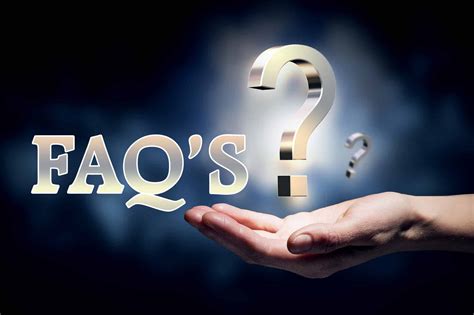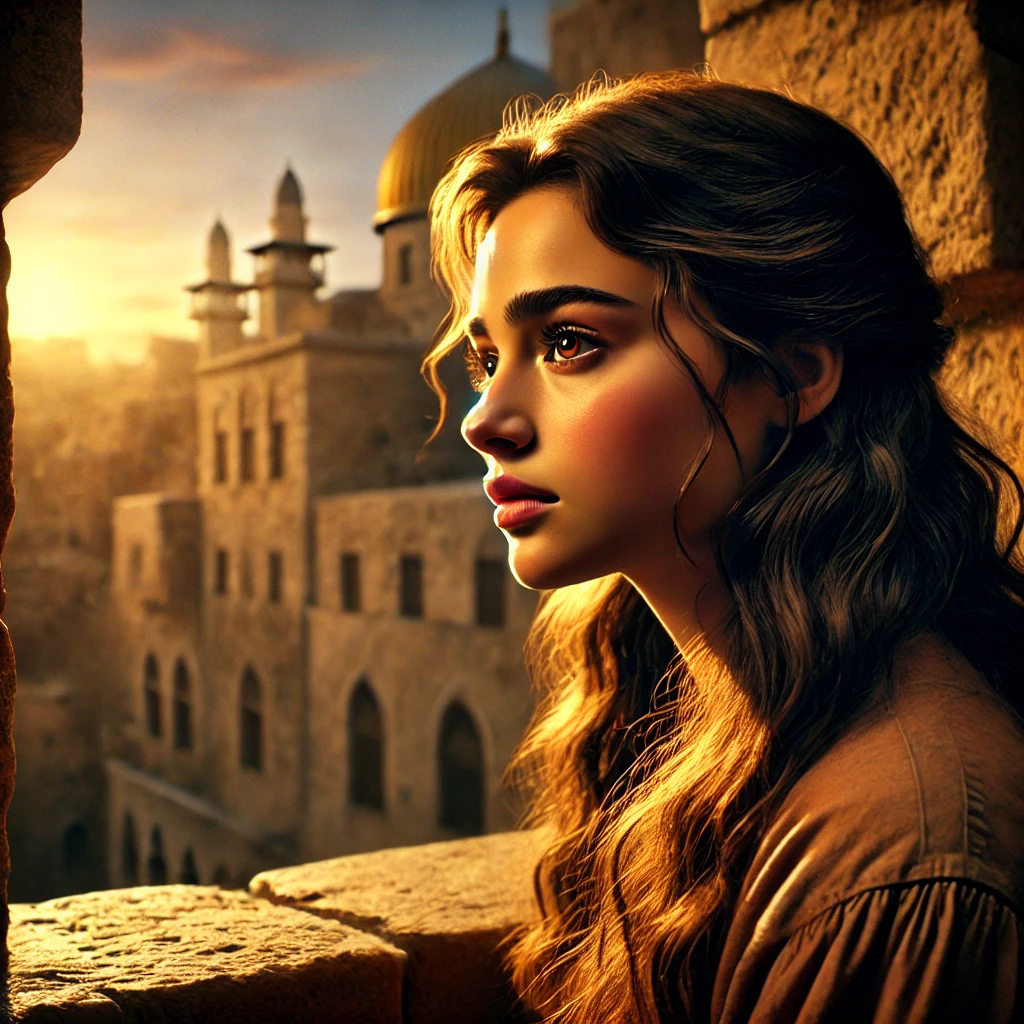The captivating series ‘The Beauty Queen of Jerusalem’ reaches its climax with unexpected twists and emotional resolutions. Set against the backdrop of Jerusalem’s tumultuous history, the Ermosa family’s multi-generational saga comes to a poignant end. This summary explores the fates of key characters, the resolution of long-standing conflicts, and the ultimate legacy left by the Ermosa women. Delve into the intricate web of love, betrayal, and family bonds that have defined this gripping historical drama.
The conclusion of ‘The Beauty Queen of Jerusalem’ weaves together the complex threads of the Ermosa family’s story. As political tensions in Jerusalem reach a boiling point, the characters face life-altering decisions. Luna’s journey comes full circle, while Rosa’s past actions have far-reaching consequences. The series explores themes of identity, tradition, and the weight of family expectations. Viewers witness the resolution of long-standing rivalries and the unveiling of closely guarded secrets. The ending not only provides closure to the characters’ arcs but also reflects on the broader historical context, offering a poignant commentary on the ever-changing landscape of Jerusalem and its people.
The Final Episodes: Unraveling the Plot
As the captivating saga of The Beauty Queen of Jerusalem draws to a close, viewers are left on the edge of their seats, eagerly anticipating the resolution of the intricate plotlines that have woven through the series. The final episodes promise to unravel the complex tapestry of family secrets, political intrigue, and romantic entanglements that have defined the Ermosa family’s journey through the tumultuous history of Jerusalem.
In a surprising turn of events, the last episodes reveal the long-hidden truth about Rosa’s past, shedding light on the origins of the family curse that has haunted generations. This revelation sends shockwaves through the family, forcing Luna and Gabriel to confront their own identities and the weight of their ancestral legacy. Meanwhile, the political landscape of Jerusalem undergoes dramatic shifts, mirroring the historical events of the mid-20th century, as the characters find themselves caught in the crossfire of the city’s struggle for independence.
The series conclusion masterfully ties together the various storylines, offering a poignant reflection on the themes of love, sacrifice, and the enduring spirit of Jerusalem. As the Ermosa family faces their final challenges, viewers are treated to a series of emotional reunions, heart-wrenching farewells, and unexpected alliances. The beauty of the city serves as a backdrop to these pivotal moments, with iconic locations such as the Western Wall and the Old City playing significant roles in the unfolding drama.
Character Fates: Who Survives and Who Doesn’t
As the captivating saga of ‘The Beauty Queen of Jerusalem‘ draws to a close, viewers are left on the edge of their seats, eagerly anticipating the fates of their beloved characters. The series, set against the backdrop of the historic city of Jerusalem, has woven an intricate tapestry of love, loss, and family drama that spans generations. In this final chapter, the destinies of the Ermoza family and those closest to them are revealed, with some characters meeting tragic ends while others find redemption and hope for the future.
Luna Ermoza, the titular beauty queen of Jerusalem, emerges as a survivor, her resilience and strength carrying her through the tumultuous events that have shaped her life. Despite facing numerous hardships and heartbreaks, Luna’s indomitable spirit allows her to persevere, ultimately finding a measure of peace and contentment in the city she has always called home. Her journey serves as a testament to the enduring power of the human spirit and the ability to overcome even the most daunting obstacles.
Tragically, not all characters are destined for a happy ending in this epic tale set in Jerusalem. Gabriel Ermoza, Luna’s father and a central figure in the family’s saga, meets a heart-wrenching fate that sends shockwaves through the entire cast of characters. His demise serves as a poignant reminder of the fragility of life and the lasting impact one person can have on those around them. The loss of Gabriel leaves an indelible mark on the Ermoza family, forever altering the course of their lives and the legacy they leave behind in Jerusalem.
Themes and Symbolism in the Series Conclusion
The final episodes of ‘The Beauty Queen of Jerusalem‘ masterfully weave together various themes and symbols that have been present throughout the series, culminating in a powerful conclusion that resonates with viewers. At the heart of the show lies the complex tapestry of family dynamics, particularly the intricate relationships between mothers and daughters, which are explored with depth and nuance as the story reaches its climax. The city of Jerusalem itself serves as a potent symbol, representing both the enduring strength of tradition and the inevitable march of progress, mirroring the struggles of the characters as they navigate their changing world.
One of the most prominent themes in the series conclusion is the exploration of identity and heritage. The characters grapple with their sense of belonging, torn between their Sephardic roots and the evolving landscape of Jerusalem in the mid-20th century. This internal conflict is symbolized through the traditional clothing and customs that clash with more modern sensibilities, reflecting the broader societal changes taking place. The beauty pageant, a recurring motif throughout the series, takes on new significance in the final episodes as it becomes a metaphor for the characters’ quest for acceptance and recognition in a rapidly changing world.
The theme of love and sacrifice is also prominently featured in the series conclusion, with characters making difficult choices that impact not only their own lives but those of future generations. This is symbolized through the heirloom jewelry passed down through the family, each piece carrying the weight of history and the hopes of those who came before. The series also delves into the concept of destiny versus free will, as characters struggle against the expectations placed upon them by family and society. This internal battle is often represented through the use of mirrors and reflections, highlighting the duality of their nature and the choices they must make.
Frequently Asked Questions

The central theme revolves around the complexities of family relationships, cultural identity, and the struggles of women in a patriarchal society.The main characters include Luna, a young woman caught between her family's expectations and her own desires, and her mother, who represents the traditional values of their culture.Luna's journey highlights the constraints imposed on women by societal norms and expectations, showcasing her struggle for independence and self-identity amid familial pressures.Significant events include family secrets being revealed, personal betrayals, and cultural upheavals that ultimately force the characters to confront their truths and resolve their conflicts.The setting of Jerusalem serves as a vibrant backdrop that reflects the cultural and historical tensions within the narrative, enhancing the themes of identity and belonging.The ending conveys that true love often requires sacrifice and understanding; it underscores the idea that personal growth and family bonds can triumph even in the face of adversity.The concept of beauty is portrayed as multifaceted, exploring not only physical appearances but also inner strength, resilience, and the beauty found in vulnerability and authenticity.


